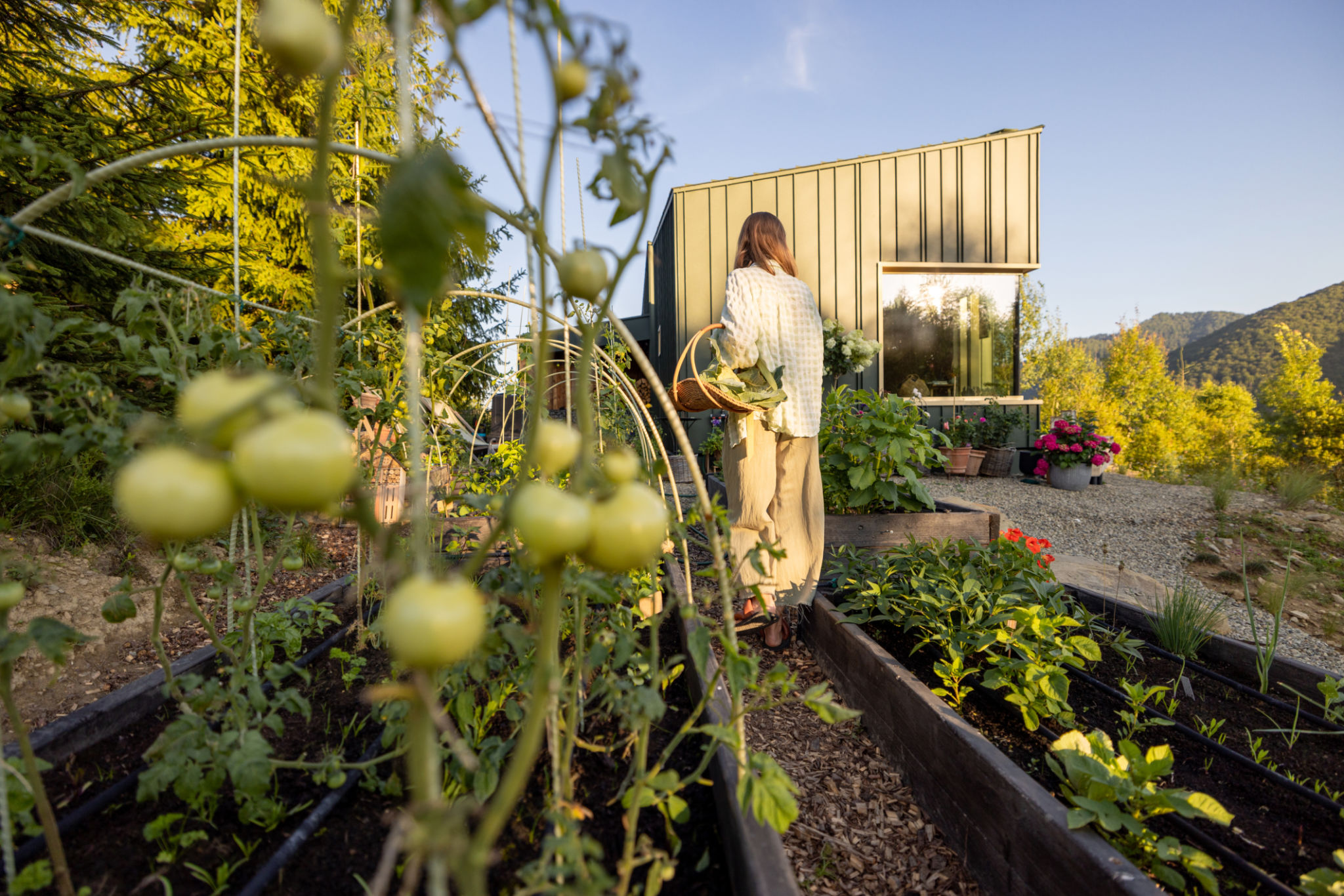Myth-Busting: Common Misconceptions About Edible Gardening
Introduction to Edible Gardening Myths
Edible gardening has surged in popularity as more people seek sustainable and organic food sources. However, several myths persist that may deter aspiring gardeners. Let's debunk some common misconceptions and empower you to cultivate your own edible paradise.

Myth 1: You Need a Large Space
Many believe that edible gardening requires vast tracts of land, but that's far from the truth. With urban living on the rise, gardeners have embraced innovative methods like vertical gardens and container planting. Even a small balcony can become a lush, productive space.
Consider using raised beds or window boxes to maximize limited areas. Herbs, greens, and even some fruiting plants can thrive in compact environments, making it possible to harvest fresh produce without a backyard.
Myth 2: It's Too Time-Consuming
Another common myth is that maintaining an edible garden demands an excessive amount of time. While gardening does require attention, modern techniques and tools have streamlined the process. Automated watering systems and low-maintenance plant varieties can significantly reduce the time commitment.

By dedicating just a few minutes each day, you can keep your garden healthy and productive. Planning and organizing your garden layout efficiently will also save time in the long run.
Myth 3: You Need to Be an Expert
Some aspiring gardeners shy away from starting an edible garden because they feel they lack the necessary expertise. However, gardening is a learning process, and anyone can develop a green thumb with a bit of patience and practice.
Start with easy-to-grow plants like lettuce, radishes, or tomatoes. Join gardening communities, attend workshops, or follow online tutorials to gain confidence and skills.

Myth 4: Pests Will Ruin Everything
While pests can pose challenges, they don't have to spell disaster. Integrated Pest Management (IPM) strategies can help maintain a healthy balance in your garden. Encourage beneficial insects, use natural repellents, and maintain plant diversity to deter unwanted guests.
Understanding your local ecosystem and implementing preventive measures will help you manage pests effectively without resorting to harmful chemicals.
Conclusion: Embrace the Joy of Edible Gardening
Edible gardening is accessible to everyone, regardless of space, time, or expertise. By dispelling these myths, we hope to inspire more people to experience the joy and satisfaction of growing their own food. Embrace the challenge, and you might find that gardening becomes one of your most rewarding hobbies.